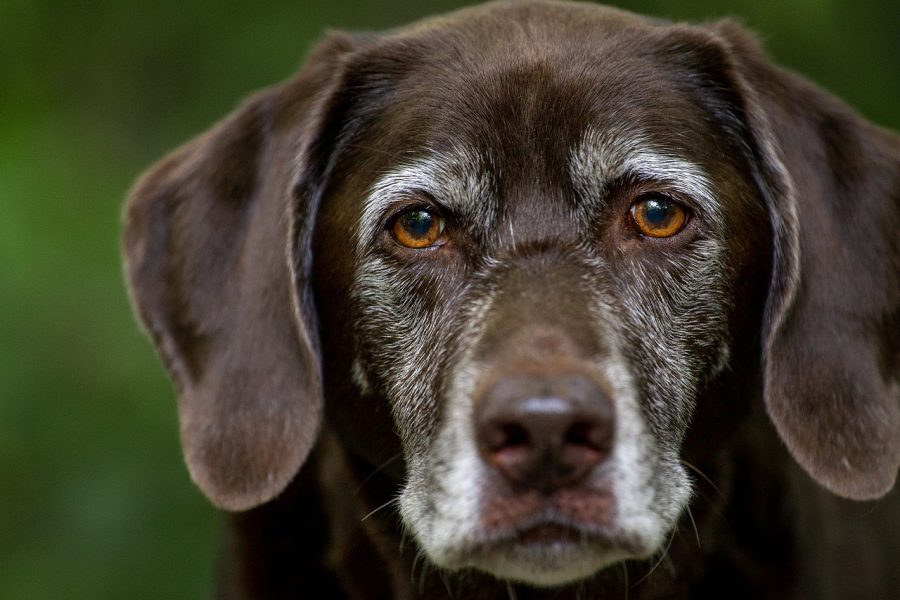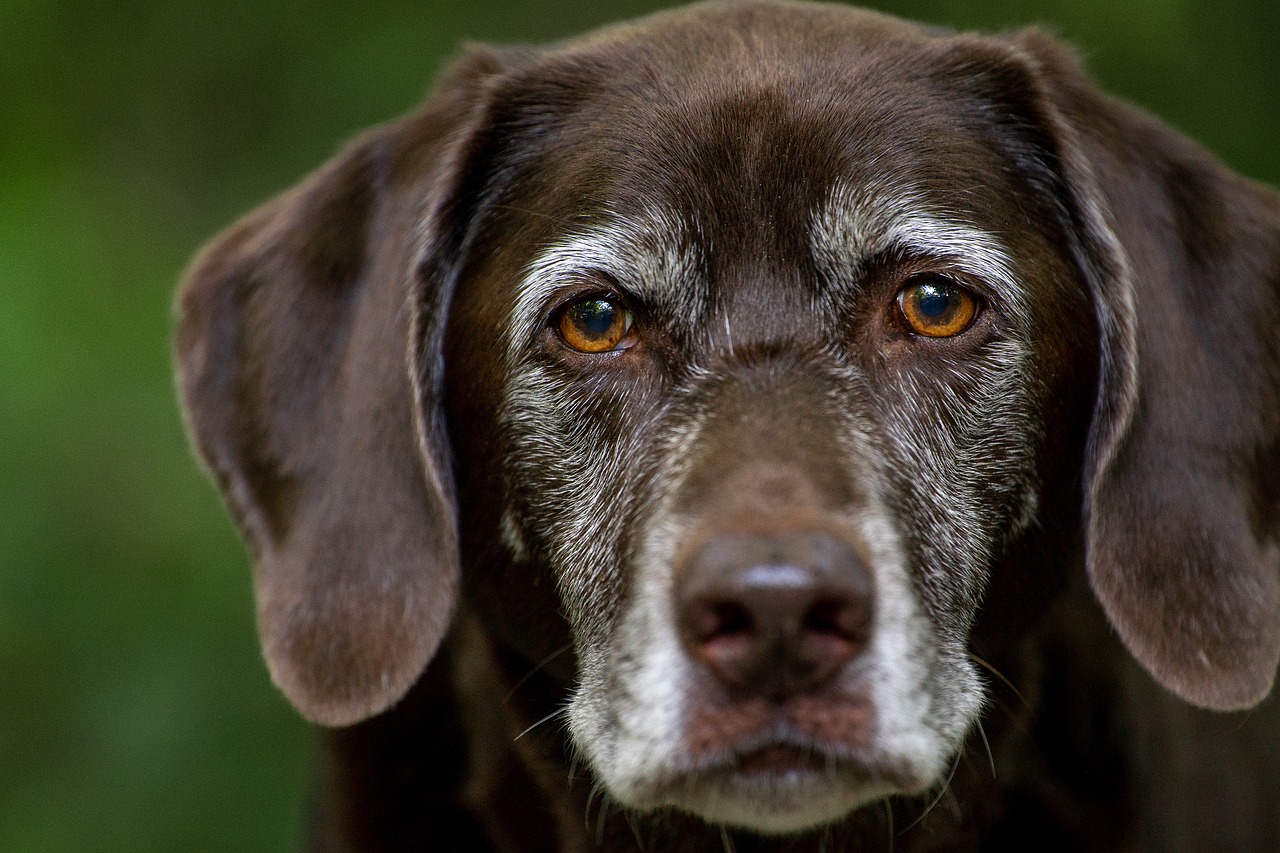
The best dog breeds for car travel according to experts
New research has revealed the best dog breeds for road trips, with Labradors claiming the top spot. New research reveals that Labradors are the best dog breed for car travel Chihuahuas, French Bulldogs and Poodles all feature in the top five best dog breeds for travel Expert dog trainer Adam Spivey shares advice on helping hesitant dogs travel in […]

New research has revealed the best dog breeds for road trips, with Labradors claiming the top spot.
- New research reveals that Labradors are the best dog breed for car travel
- Chihuahuas, French Bulldogs and Poodles all feature in the top five best dog breeds for travel
- Expert dog trainer Adam Spivey shares advice on helping hesitant dogs travel in a car
- An Auto Trader survey found that nearly 30% of us don’t want to share a car with dogs
The Canine Car Report, conducted by Auto Trader analysed advice from 25 pet specialists to discover which dog breed is most commonly named as the best backseat passenger. Labradors came out as the best dog breed for car travel, being named as the most car-compatible breed by 22 canine experts. Famous for being extremely eager to please their owners and very easy to train, Labradors tend to be calm and fuss-free road trip companions.
In second place, with 17 recommendations from canine specialists, is the Chihuahua. As the world’s smallest dog, they are sure to make themselves comfortable in the car thanks to the privilege of having significantly extra legroom! Following in third is the much bigger build of the Golden Retriever, a breed that shares a very similar temperament to that of the Labrador, tipped by 16 experts as being excellent car-travellers.
Apart from the Chihuahua, much of the top list is made up of larger breeds; including Poodles, Dalmatians, Great Danes, Clumber Spaniels, and German Shepherds.

Top Dog Breeds for Car Travel

Expert Advice on Training Your Dog for Car Travel
Auto Trader collaborated with Adam Spivey, Director and Master Trainer at Southend Dog Training, to share his advice on getting your pup ready for car journeys:
- Make sure your dog is calm: Adam explains “The car can represent excitement to a dog which can get them worked up, leading to barking, whining and other stressful behaviours. That is usually because, in the dog’s brain, the destination always results in something fun. So, to counteract this, I would teach the dog that it is calm behaviour that actually leads to the fun they are excited about. I will make sure the dog is sitting by my side when I open the car door, I’ll ensure they are waiting to be invited into the car and then I would put them into an impact crate, as that is the safest way for a dog to travel.”
- Give them plenty of exercise before a journey: Whilst a crate-trained dog will already be familiar with a car crate, it’s important that your dog can work off their pent-up energy prior to a car journey so that they are more likely to relax and rest in the car crate.
- Take regular breaks on a long ride: Adam explains “For puppies, you must take as many breaks as necessary to help with their bladder control; for example, eight-week-old puppies can only hold their bladders for up to an hour. But if you are travelling with an older dog then it is more down to common sense and aligning it with how often you take breaks, but I would recommend every couple of hours so you can both stretch your legs.”
- How to solve car sickness in dogs: Adam recommends the following to help remedy motion sickness:
a) Allow plenty of time between feeding the dog and beginning your car journey
b) Speak to your vet as they might be able to give your dog medication to help prevent motion sickness during a car ride
c) Gradually build up the journey distance – start with small trips and get your dog used to the car’s movements and motions before increasing the length
5. The importance of restraining your dog: For your dog’s safety, your safety and the safety of others, keeping your dog suitably restrained in your car is of utmost importance. Adam explains “A crash-tested impact crate is the safest way for any dog to travel – it is something you see the police use with their dogs. However, if you can’t do that for any reason then, at the very least, you must use a very secure seatbelt attachment for your dog.”
Whatever your dog’s breed, getting your pet to be comfortable with car travel requires a good amount of preparation and planning.
